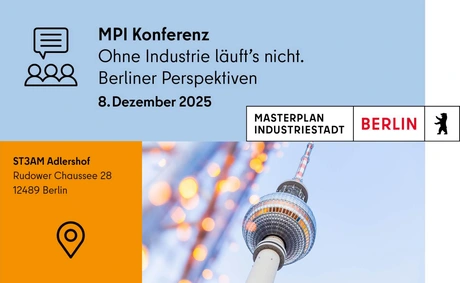Tackling Grand Challenges: The future will be good
Our mission for the Adlershof Science City was initially to create jobs. We have fulfilled this mission. Today, more than 35,000 people work and study in Germany’s most modern technology park. And Adlershof has built up an excellent international reputation over the past three decades.
The task now is to make creative contributions to mastering the major global technological challenges together with the people who work here and by making full use of the excellent infrastructure culture. We would like to join the goal of Berlin's three major universities and the Charité, which have set out to “jointly shape Berlin as an integrated research space that is particularly dedicated to addressing global challenges – Grand Challenges”.
To this end, we want to create a network for researchers and companies to cooperate on an interdisciplinary basis. The development and use of new materials and technologies will be crucial to solving such challenges, which include climate change in particular.
Our response to the global challenges
Adlershof is a strong location. But how will the campus develop further?
The five main questions are:
- What are the goals?
- How does Adlershof see itself as part of the Science City Berlin?
- What is the significance of ‘Grand Challenges’?
- How can the coordination of science and politics be improved?
- How to deal with the space?
WISTA Management GmbH, as the operating company of the technology park, sets clear thematic priorities. It remains important for the further successful positioning to attract future-oriented companies that focus on the major societal challenges, the “Grand Challenges”, such as sustainability, climate protection and energy.
A new interdisciplinary competence center for “Grand Challenges”, complementing the existing technology centers, should help in this and also promote internationalization, because the big questions of the future can only be answered with global cooperation. Increased support for start-ups is also an integral part of this strategy for the future.
The Adlershof Mission “Grand Challenges” has begun. Join us!
Focus Topics
Grand Challenges that we are tackling in Adlershof:
>>Climate Protection and Energy
Climate protection requires an international energy turnaround for an efficient and resilient energy system.
The use of ICT infrastructures and digitization tools will be crucial for this.
>>Circular Materials Management
Resource scarcity and environmental consequential damage make intelligent circular economy a requirement of sustainable economics.
>>5G and Digital Infrastructure
We want to turn the Adlershof Technology Park into a real-world laboratory for digitalization. The digital networking in the Technology Park is already unique within a radius of almost 1,000 kilometers.
Grand Challenges: What's going on in Adlershof...?
Articles
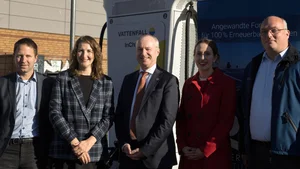
How supermarket parking lots help the energy supply in Berlin
Research project shows innovative solutions for electromobility:
Supermarket parking lots can help reduce the need for expansion of charging infrastructure in public spaces in Berlin by up to 17 percent. In the Retail4Multi-Use project, scientists from the Reiner Lemoine Institute…
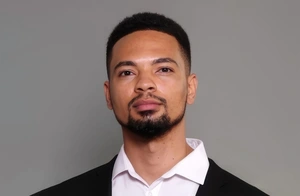
Sasol and HZB deepen collaboration with strategic focus on digitalisation
“A significant step towards achieving more sustainable and efficient chemical processes on an industrial scale”:
Sasol Research & Technology and Helmholtz Zentrum Berlin (HZB) are expanding their partnership into the realm of digitalisation, building on their joint efforts in the CARE-O-SENE project and an Industrial Fellowship…

PFAS filter from a ball mill
BAM team develops environmentally friendly material that could help remove these ‘forever chemicals’:
PFAS are fluorinated compounds found in many everyday products, such as outdoor clothing and cookware like Teflon pans. This is because PFAS are durable, heat-resistant and dirt-repellent. Their stability is precisely…
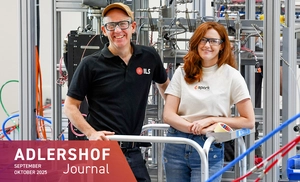
Energy from CO₂
A spark is ignited for the future of fuels:
Carbon dioxide is often only ever viewed as a greenhouse gas. However, it can also be an important raw material. The startup Spark e-Fuels hopes to use it to produce synthetic fuels, known as e-fuels. But there is a…
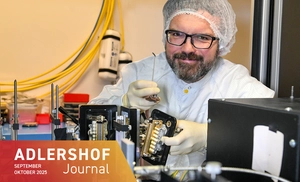
Diodes for Fusion Power Plants
The Ferdinand-Braun-Institut is accelerating the development of a key component:
As part of the “Fusion 2040 – Research on the Way to a Fusion Power Plant” programme, the German government is investing around 1.2 billion euros over the next five years into the development of this climate-neutral,…


